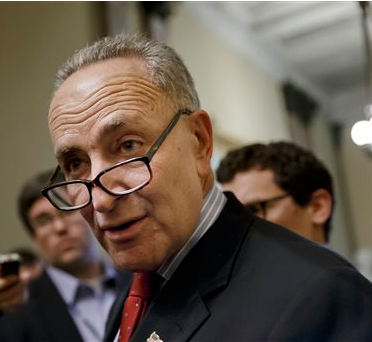FEMA to fund new boilers for Sandy-damaged NYCHA buildings

After Superstorm Sandy hit New York, flooding the basements of hundreds of buildings in shoreline communities and knocking boilers out of power, the New York City Housing Authority (NYCHA) installed temporary boilers to provide heat and hot water for tenants.
Nearly 18 months later, the “temporary” boilers are still there.
This proved to be a major problem this winter when the city suffered through numerous snow storms. The boilers, which were funded with money from the Federal Emergency Management Agency (FEMA) are located outside the NYCHA buildings, not in the basements. During one particularly severe snow storm, the temporary boiler serving O’Dwyer Gardens in Coney Island was knocked out, leaving hundreds of tenants without heat or hot water.

Coney Island
View MoreIn just a little over an hour, you can be transported from the glitz and glamor of Manhattan to the old-school amusement of Brooklyn's storied Coney Island. The destination offers thrills, sun, surf and a unique brand of entertainment that will feel worlds away from the rest of the City.